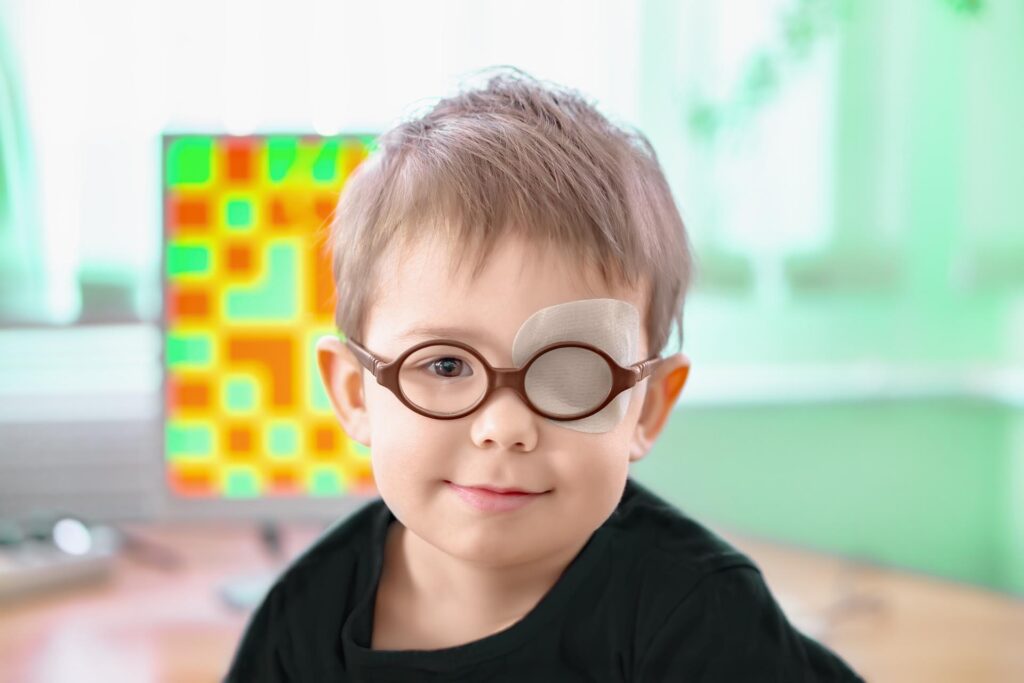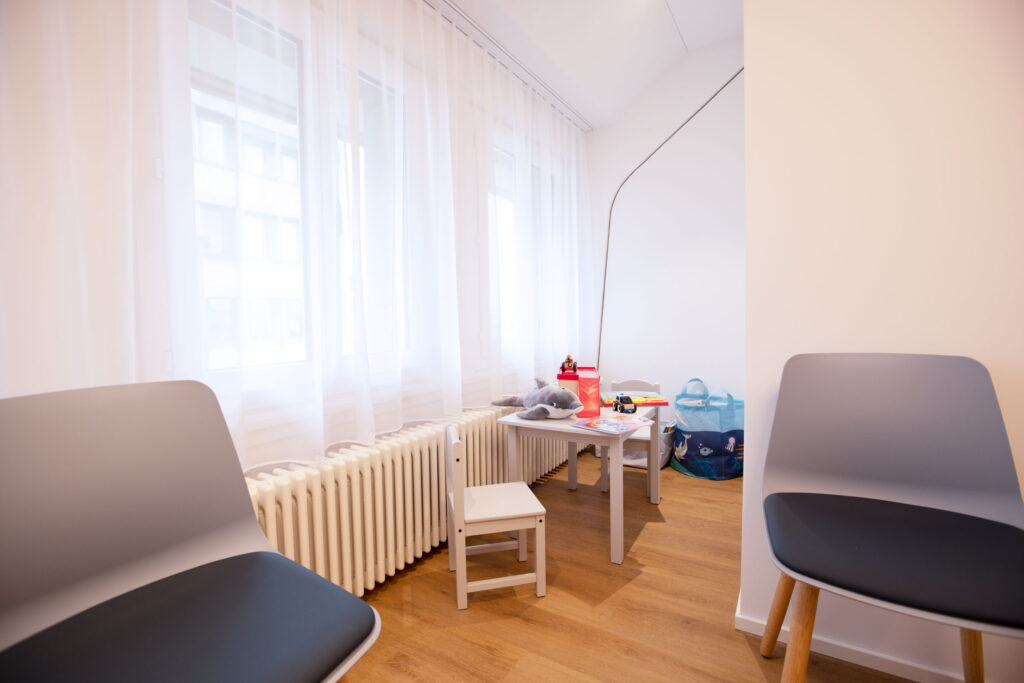When does my child need to see an ophthalmologist?
Young eyes also need specialists, because children and adolescents have the same vision requirements as adults:
-
Good visual acuity for near and far
-
Balanced cooperation of both eyes
-
Stereo vision
Organic damage recognized too late and left untreated, ametropia (glasses errors) and strabismus lead to lifelong vision impairment. Thus to the impairment in training and career choice. For a successful therapy, the beginning and the consequence of the implementation are decisive. The pediatric check-up is often not sufficient. Only an ophthalmologist can determine the glasses for children under the age of 12. For this reason, ophthalmologists and orthoptists recommend a check-up in the case of an unremarkable family history and unremarkable behavior at the latest in the 3rd year of life.
The following abnormalities can indicate a visual defect:
-
Squinting (strabismus) - permanent or temporary deviation of one eye
-
Limited eye mobility
-
Drooping eyelids (ptosis)
-
Eye trembling (nystagmus)
-
Head tilt
-
Pupils appear milky-white
-
Headache
-
blurred vision
-
Tired easily when reading or doing computer work
-
photophobia
-
Squinting of one eye, excessive blinking
-
Double vision
Sudden squinting must always be clarified immediately, regardless of age. Squinting can be the first sign of a serious illness.
In our practice, your child will be treated sensitively by an experienced team using age-appropriate examination methods appropriate to the child’s developmental level. An ophthalmological orthoptic examination is already possible in infancy.
We can offer:
-
Eye-Checkup for organic changes.
-
check the visual acuity and prescribe the necessary glasses accordingly.
-
examine eye position, mobility and cooperation of both eyes.
-
explain and discuss any sensible therapy measures with you and your child in an understandable way.
We work together with general practitioners, internists, neurologists, paediatricians and opticians.
Squint operations are performed on an outpatient basis. The Seeaugenpraxis is easily accessible both by public transport and by car.
Registration for a medical examination and any treatment can be made directly and is one of the mandatory services of every health insurance company.

